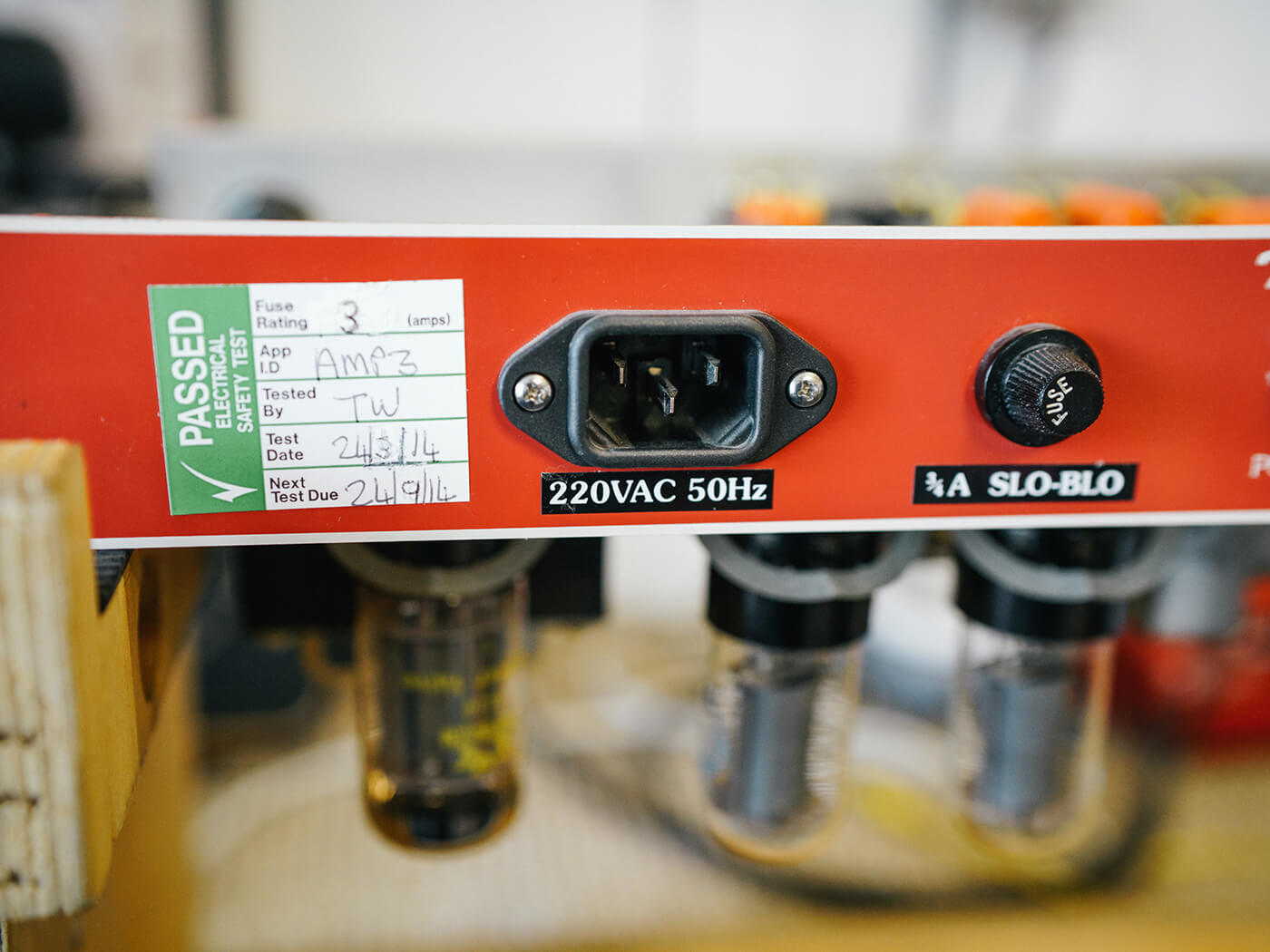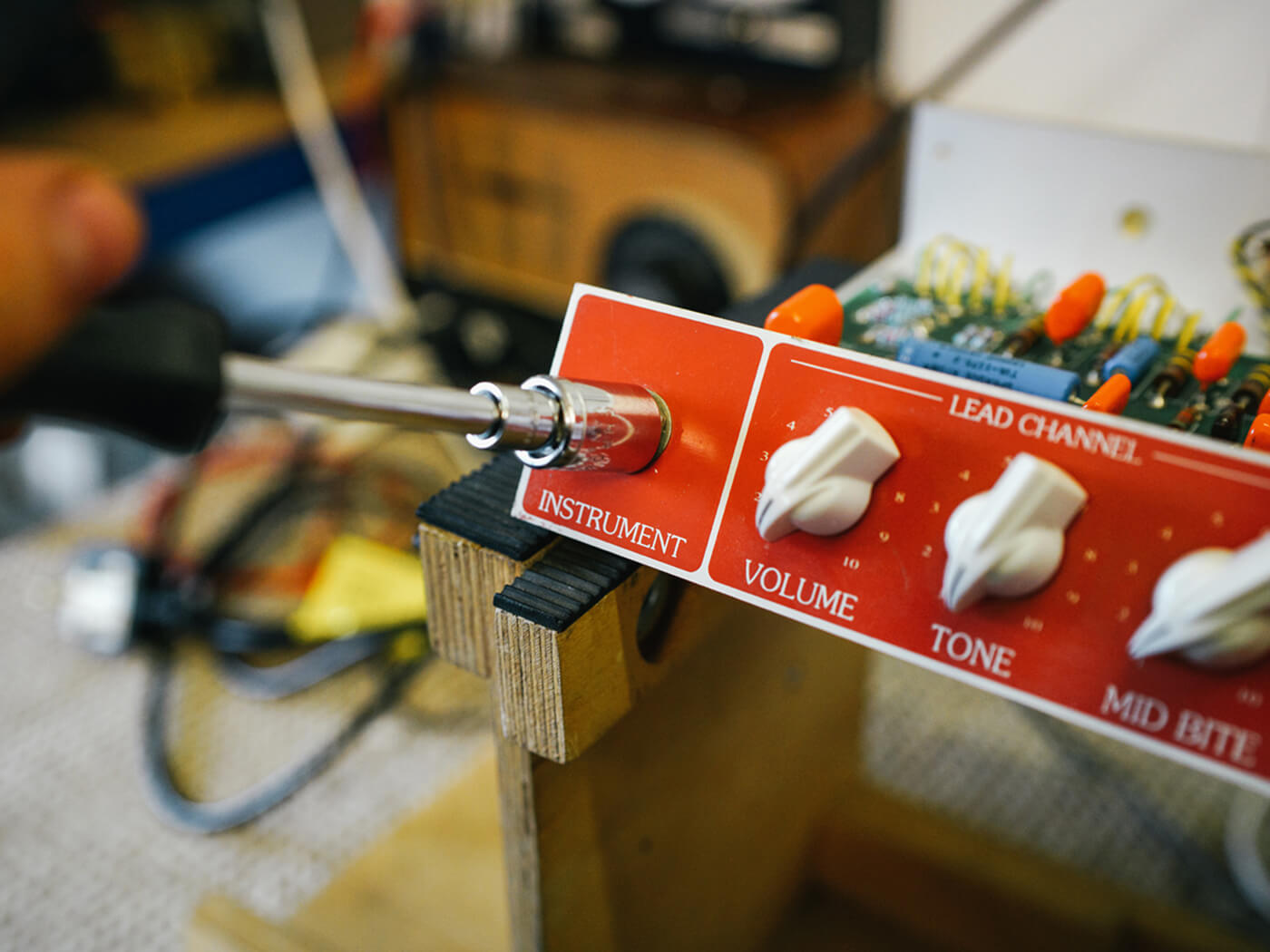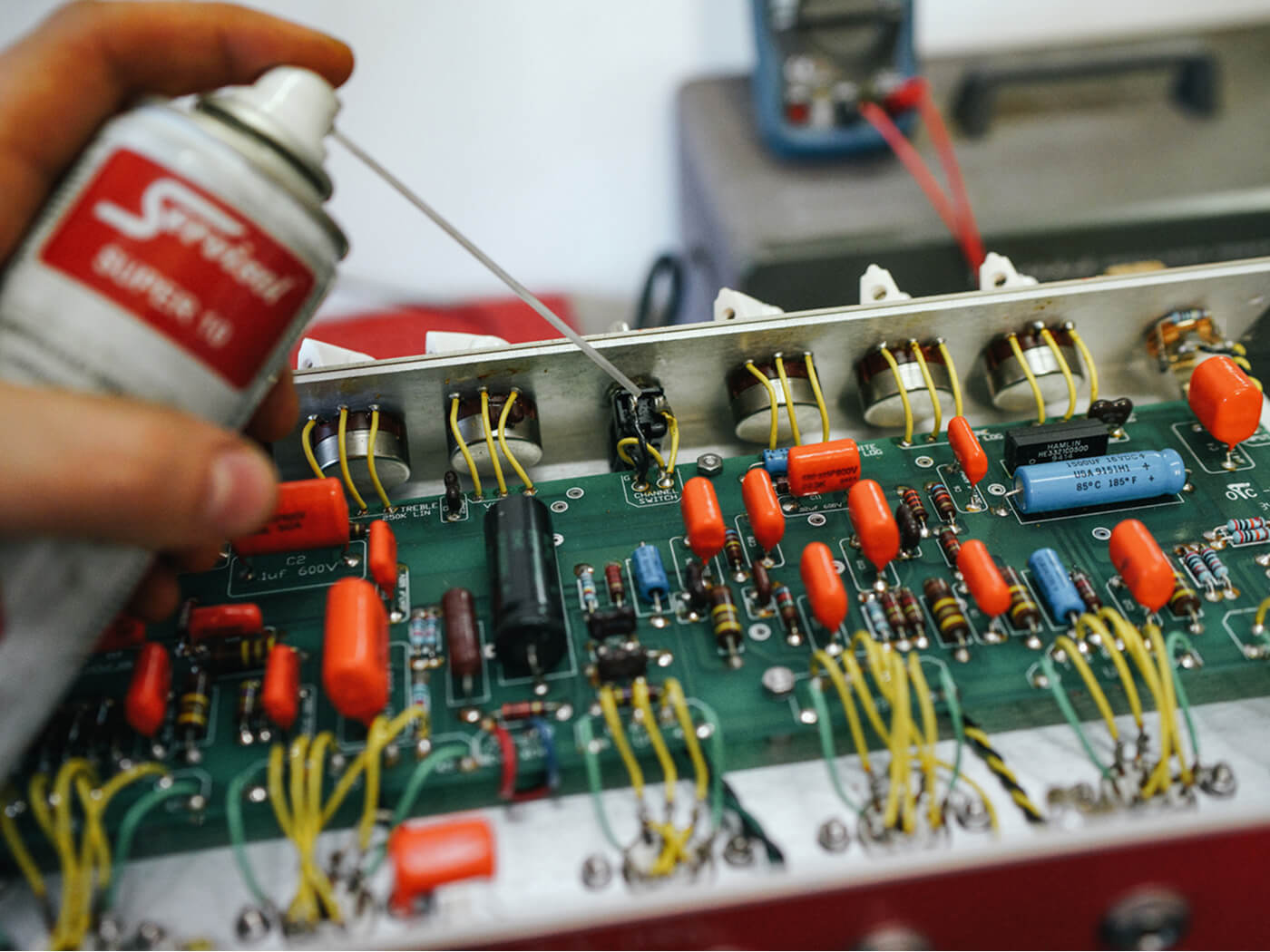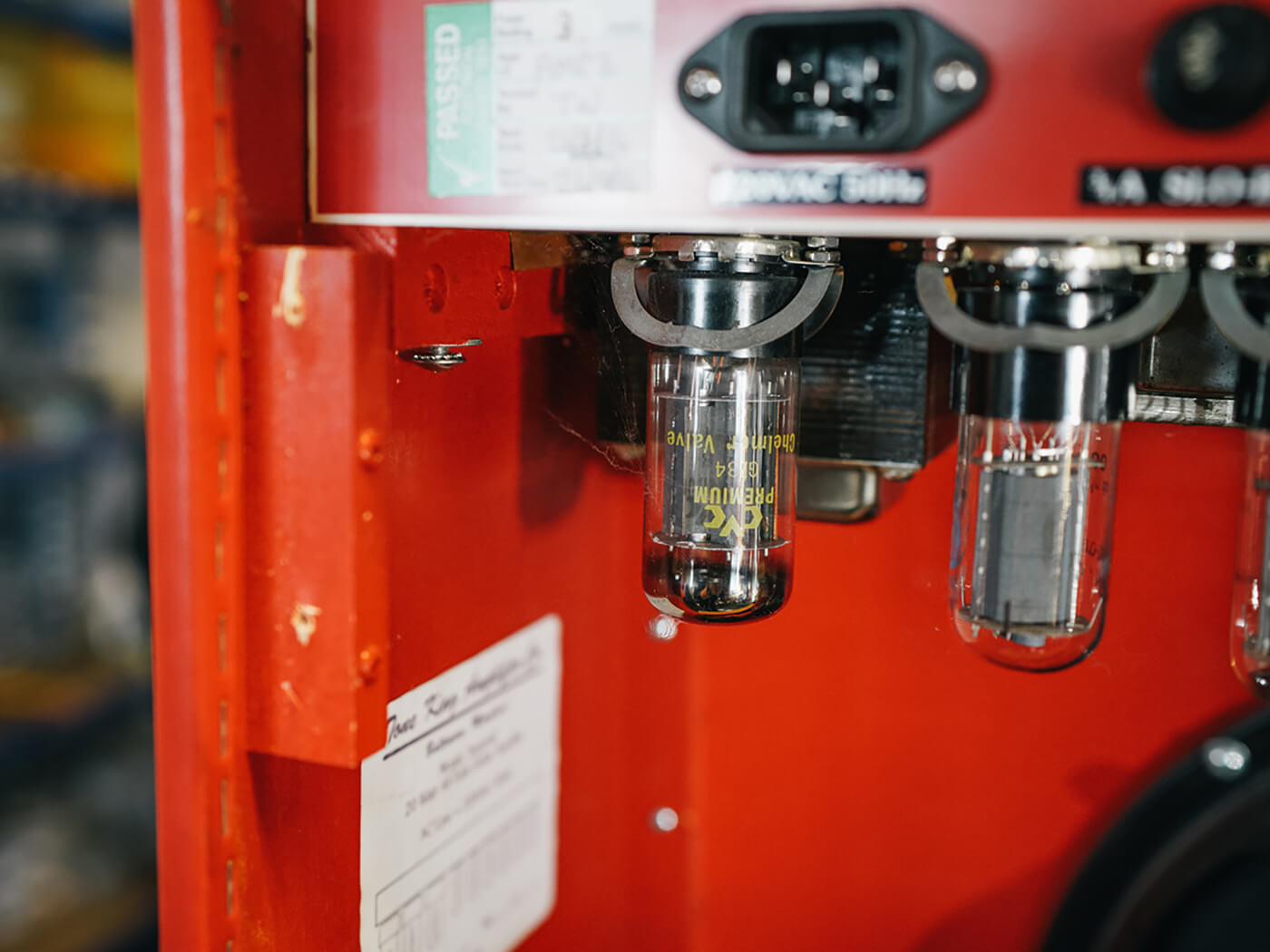Related Tags
Amp FAQ: When should I get my amplifier serviced?
In the latest instalment of his column, Rift Amplification’s Chris Fantana tackles the thorny issue of amp servicing.

Gareth asks: Hi Chris, people talk a lot about needing to have amps serviced. How many miles should it have on the clock before it needs the attention of a tech and what does an amp service entail?
Chris Fantana: Hi, Gareth. That’s a great question and a subject on which every amp tech seems to have a different viewpoint. Some say that amplifiers should be serviced regularly to ensure reliability and to catch any potential issues early on, while others follow the old adage, “if it ain’t broke, don’t fix it”. I understand both views and think they’re equally valid, depending on the amplifier itself, your intended use for it, and its current condition.
Me? I sit on the preventative-maintenance side of the fence, knowing that speaker vibration, travel, and general use can cause things to come loose, components to drift in value, and wear out. There’s nothing worse than your amplifier cutting in and out during an important gig because you didn’t tighten up the input sockets.
Even if you’re just playing at home, I recommend having your amplifier PAT (Portable Appliance Test) tested once a year. It only costs a few quid and will see someone competent make sure that your amp is at least safe to plug into a mains socket. Many venues and rehearsal spaces require evidence of PAT testing before you can plug in, so it’s definitely worth having it done.

Service with a smile
What is actually done during an amplifier service? Most technicians will follow a simple six-step process, providing the customer hasn’t complained of a particular fault or issue.
Look
The tech will visually inspect both the exterior and interior, examining for anything out of the ordinary. Mains cable hanging by a thread? Any broken switches or sockets? Valves/tubes all present and correct? Any burnt resistors, leaking caps or loose wires?
Listen
If safe to do so, the tech will plug the amplifier in and give it a listen. Do all of the controls operate as expected? Are there any unwanted noises, such as crackles, pops, buzzes or hums? They’ll need to plug in a guitar and play to confirm.

Tighten
The tech will check that all potentiometer nuts, sockets, switches, grounding points and anything else that should be tight indeed are, and will remedy as required.
Clean
Noisy switches, sockets and potentiometers can cause all sorts of problems but the tech should be able to clean these up with a dedicated cleaning agent such as Servisol.
Test and adjust
The tech will test the valves, check the bias of the output valves and adjust if necessary. The full operating conditions of these should be checked too, to ensure nothing strange is going on.

Fix
If anything else need sorting out, now would be a good time to get it done. After finishing with a PAT test and a play test, your amp should be good to go.
It’s fair to say that a well-maintained amplifier is a good-performing one, and we all want our gear to sound the best it can, right? I have customers who find that the piece of mind offered by having their amp regularly serviced far outweighs the costs, while others are not so fussed. I charge just an hour’s labour for a service like this – most small issues can be fixed within that time frame. Any additional servicing would result in a phone call to the customer before proceeding.

If you’re the lucky owner of a vintage amplifier, I would seriously recommend getting it checked over at least once a year. I once had to replace a very expensive blown power transformer on a vintage Fender Bassman after a filter capacitor had failed. The owner refused to let anyone touch the amp and insisted on playing it but the resulting loss in value that occurs when you replace a transformer in a vintage amp taught him a lesson he’ll never forget.
If you’re still unsure, talk to your local amp tech and run through the available options. You might just save yourself a very expensive repair bill.
To find out more about Rift Amplification’s range of British-made handwired amps, visit riftamps.com.
